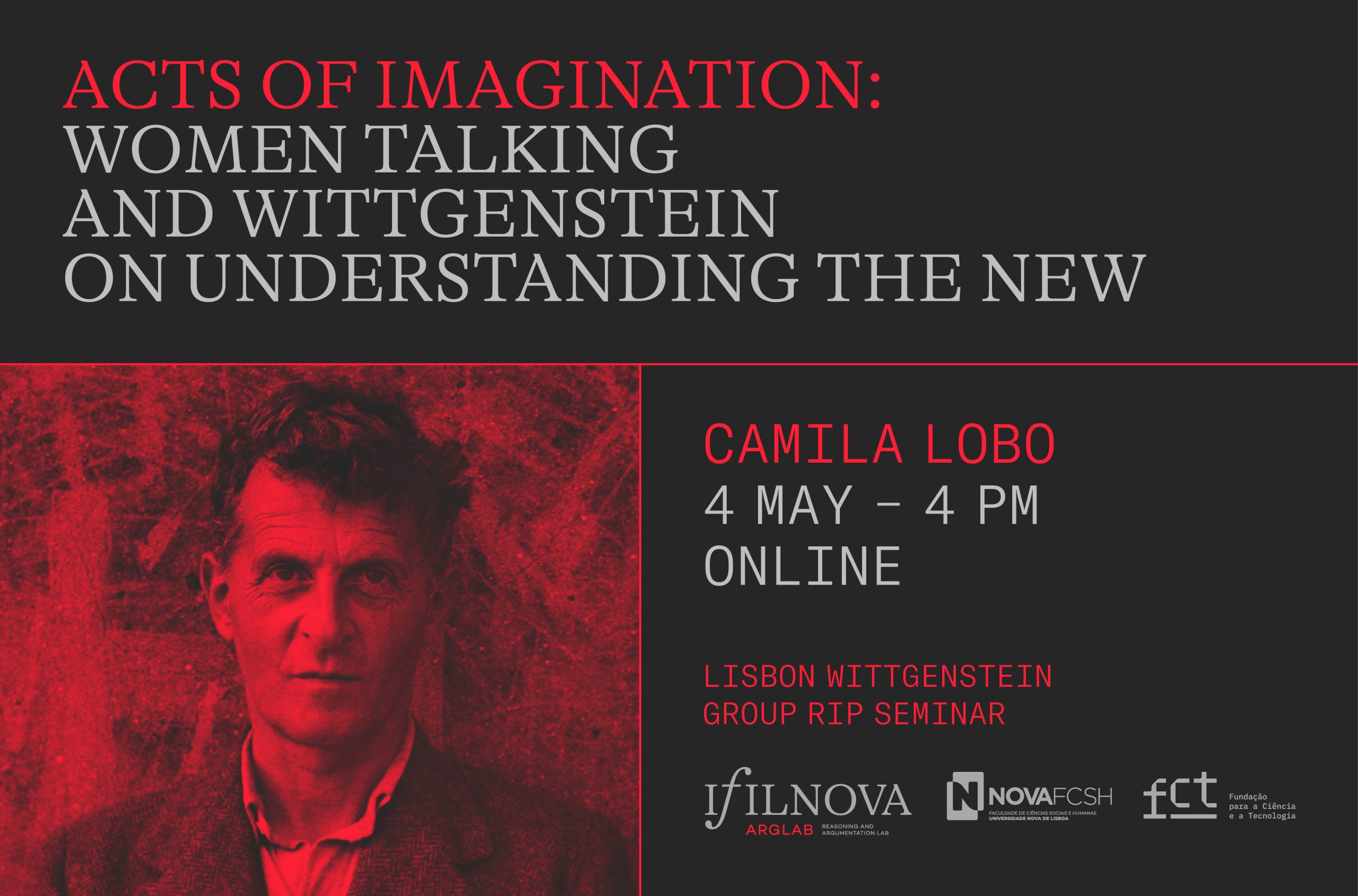Camila Lobo

Wittgensteinian philosophy and feminist theory share a common concern about the capacity of subjects – both individual and collective – to think and talk about aspects of the world that weren’t previously available in their conceptual lives. This capacity has been systematically neglected or effectively denied by two dominant philosophical conceptions of understanding given, respectively, by a highly conceptualist account of language and a non-conceptualist view about perception. In this paper, I attempt to challenge these conceptions in three steps: by bringing forward illustrations of the way ordinary subjects come to conceive of new aspects of the world, by presenting a Wittgensteinian account of understanding that accounts for this process, and by attending to the practical and conceptual difficulties associated with such modes of thinking. Finally, I suggest that the Wittgensteinian account of understanding I uphold serves liberatory political projects by locating it in the Cavellian project of “education for grownups” and the feminist practice of consciousness-raising.
Camila Lobo (Nova University Lisbon)
To join the session on Zoom, please contact Robert Vinten at rvinten@fcsh.unl.pt.
This is the fourth of a series of RIP seminars within the scope of the activities of the Lisbon Wittgenstein Group, coordinated by Nuno Venturinha (ArgLab/IFILNOVA).

